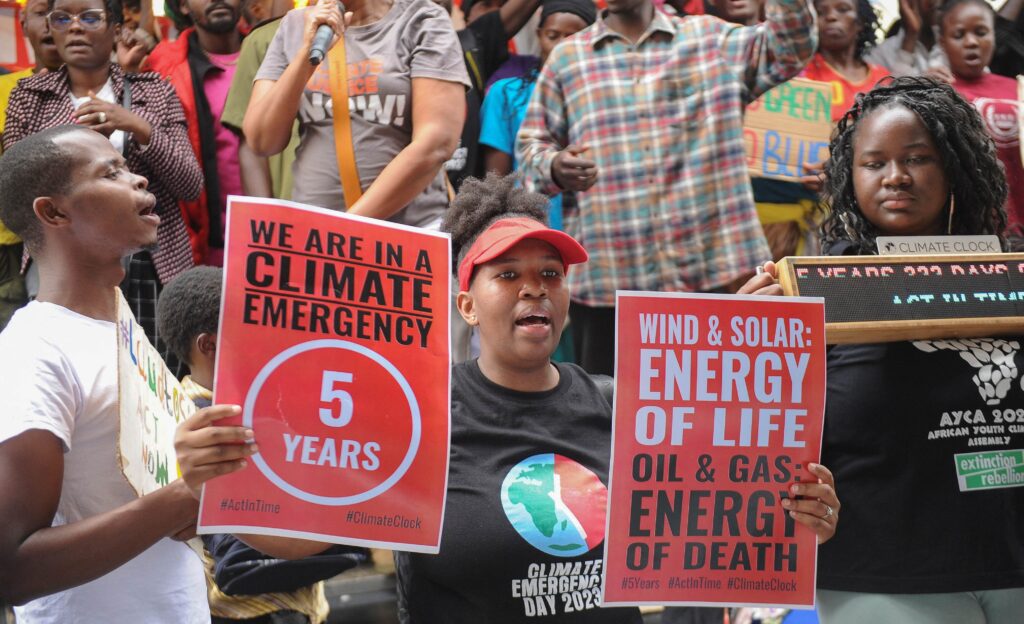
Thursday 13th November 2025

by inAfrika Newsroom
The Energy Transition Challenge Fund opened for applications in Nigeria this week, offering catalytic grants and support to enterprises that expand access to clean and affordable energy, the Africa Enterprise Challenge Fund said. The Energy Transition Challenge Fund forms part of efforts to cut reliance on diesel and petrol generators and advance Nigeria’s energy transition.
According to programme details, the window targets small and medium-sized firms working on solar home systems, mini-grids, clean cooking, productive-use equipment, storage and efficiency services. Successful applicants will receive performance-based grants, technical assistance and investment-readiness coaching tailored to their growth stage. Moreover, the Energy Transition Challenge Fund aims to crowd in private capital by sharing early-stage risk.
Nigeria still faces large electricity-access gaps despite installed capacity and gas reserves. Millions of households and micro businesses rely on small generators that are noisy, polluting and costly to run. Therefore, the fund’s designers want to back solutions that displace fossil back-up with renewables and efficient appliances while keeping tariffs affordable.
Eligibility rules emphasise traction rather than pure concepts. Applicants must show existing customers, some revenue and a clear plan to scale into new areas or segments. Furthermore, they must commit to monitoring outcomes such as connections delivered, jobs created and emissions avoided. Organisers said they will publish portfolio data and case studies so other financiers can benchmark performance and risk.
Policy alignment is another pillar of the design. The Energy Transition Challenge Fund team is coordinating with Nigeria’s energy regulators and rural-electrification agencies to ensure funded projects comply with licensing rules and tariff frameworks. In parallel, programme staff will share pipeline information with planners so off-grid investments complement, rather than clash with, future grid extensions.
Founders stand to gain more than money. The programme will connect enterprises to advisors on governance, financial management, gender inclusion and impact measurement. Additionally, it will convene sessions with investors that specialise in climate and infrastructure ventures, helping firms move from grant dependence to blended or fully commercial finance.
Analysts say timing matters for the initiative. Nigeria is pursuing reforms in power markets, fuel pricing and foreign-exchange rules, while global capital increasingly targets energy-transition themes. Consequently, a dedicated challenge fund signals that domestic enterprises can capture part of this flow instead of watching it bypass local markets. However, observers also warn that slow permitting or FX shortages could limit how fast firms import hardware and repay hard-currency obligations.
For communities, the stakes are tangible. Reliable solar systems keep lights on in clinics and schools. Efficient motors and cold rooms cut costs for agro-processors. Cleaner cookstoves reduce indoor smoke and health risks. If more businesses reach scale with support from the Energy Transition Challenge Fund, those gains could compound across neighbourhoods and value chains.
Looking ahead, AECF plans to track portfolio performance and distil lessons for future windows beyond Nigeria. If the model works, similar challenge funds could support clean-energy enterprises in other African markets. For now, the call is open and the message is clear: firms with proven solutions and ambition have a structured pathway to apply and grow.


